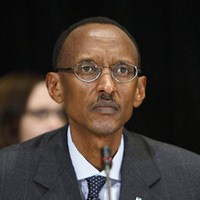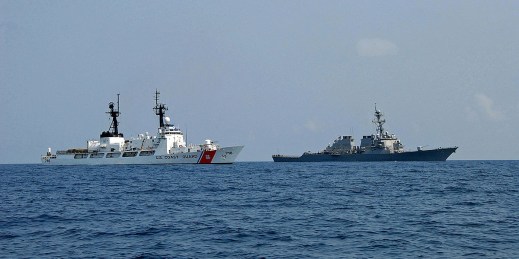
There is not sufficient evidence on the use of sexual violence in conflict to determine whether it is increasing or decreasing in prevalence or institutionalization. However, evidence indicates it is widespread. Conflict-related gendered violence can range from a tool of economic exploitation, oppression and violence, especially during conflicts, disasters and their aftermath, to the systematic use of sexual violence as a strategy in armed conflict. Gender-based violence (GBV) is defined in humanitarian contexts as “an umbrella term for any harmful act that is perpetrated against a person’s will, and that is based on socially ascribed (gender) differences between males and […]







